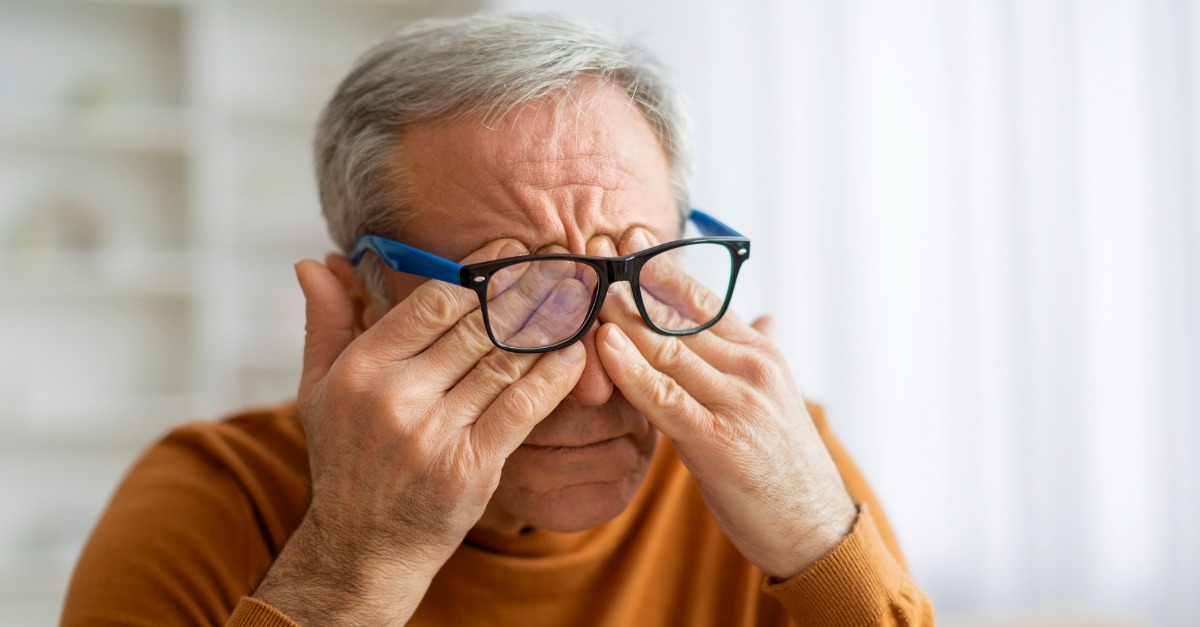Serving the Lowcountry and Coastal Empire of Georgia and South Carolina.
Tuesday, January 14, 2025

While finding out you have glaucoma isn’t exactly welcome news, there is one silver lining: Since half of all people who have it don’t know it, being among those who do gives you the opportunity to address it. Today, there are more treatment options than ever before, enabling you to halt the condition’s progression and preserve your vision.
Here, we explain what you should know about glaucoma treatment options, as well as some lifestyle adjustments to consider.
Glaucoma is a chronic condition, meaning there’s currently no full cure. Unfortunately, there’s also no way to reverse damage that has already been done, once the condition sets in. What treatment can do, however, is prevent further ocular damage and vision loss.
In an unaffected eye, fluid known as aqueous humor is constantly produced and drained. When you have glaucoma however, this natural drainage angle becomes blocked, causing aqueous humor to back up and increase pressure in your eye. Left untreated, this elevated pressure can damage your optic nerve — the tiny fibers responsible for vision — resulting in blind spots.
Fortunately, we have many ways to treat glaucoma.
While we know some dietary patterns appear to reduce the risk of developing glaucoma, experts are still learning how certain habits can affect patients who already have it. Foods rich in antioxidants — such as berries, leafy greens, and omega-3 fatty acids found in fish — can support eye health overall, so they’re certainly worth having on a regular basis.
In addition, routine aerobic exercises such as swimming, walking, or cycling can reduce the pressure in your eye, and potentially improve blood flow to your retina. Aim for 20 to 30 minutes of low-impact aerobic activity most days of the week.
Comprehensive glaucoma care also involves limiting activities that could elevate your eye pressure. For one, high stress levels can contribute to elevated intraocular pressure. While your stressors may not always be avoidable, finding healthy outlets like meditation, journaling, and deep breathing exercises can help you manage their effects. Additionally, try to avoid or limit foods and beverages that raise your blood pressure, such as highly caffeinated beverages, foods rich in sodium, and excessive alcohol.
Although aerobic activity can be good for your eyes, certain exercises could actually raise ocular pressure, potentially worsening vision loss. These include movements that involve straining or holding your breath, such as heavy weightlifting, sprinting, crunches, and squats. Additionally, skip downward dog, headstands, and any other positions that put your head below your heart, because all of these can increase eye pressure.
Vision care is part of your overall wellness, which is why SouthCoast Health has a team of ophthalmologists and optometrists at the ready to support your family’s eye care needs. Turn to us for routine eye exams to advanced surgical needs and everything in between. Schedule an appointment online or by calling 912.691.3600.
Whether you are looking for a primary care doctor or a pediatrician, or another medical specialist, SouthCoast Health has you covered with its wide range of world-class healthcare services, available throughout the Coastal Empire and Lowcountry. SouthCoast Health has 120 physicians and medical professionals in 16 locations in Savannah, Richmond Hill, Pooler, Rincon, Baxley, Hilton Head, Hinesville, and Statesboro. SouthCoast Health offers comprehensive medical services including: Family Medicine, Internal Medicine, Pediatrics, Allergy and Asthma, Cardiology, Endocrinology, Eye Care, Imaging, Infectious Diseases, Nephrology, Neurology, Physical Therapy, Podiatry, Surgery, Clinical Trial Research Studies, Diabetic Self-Management Training Sessions, Dietetic Counseling, High-Risk Breast Cancer Clinic, Laboratory Services, Massage Therapy, Optical Shop, Pharmacy, and Urgent Care.